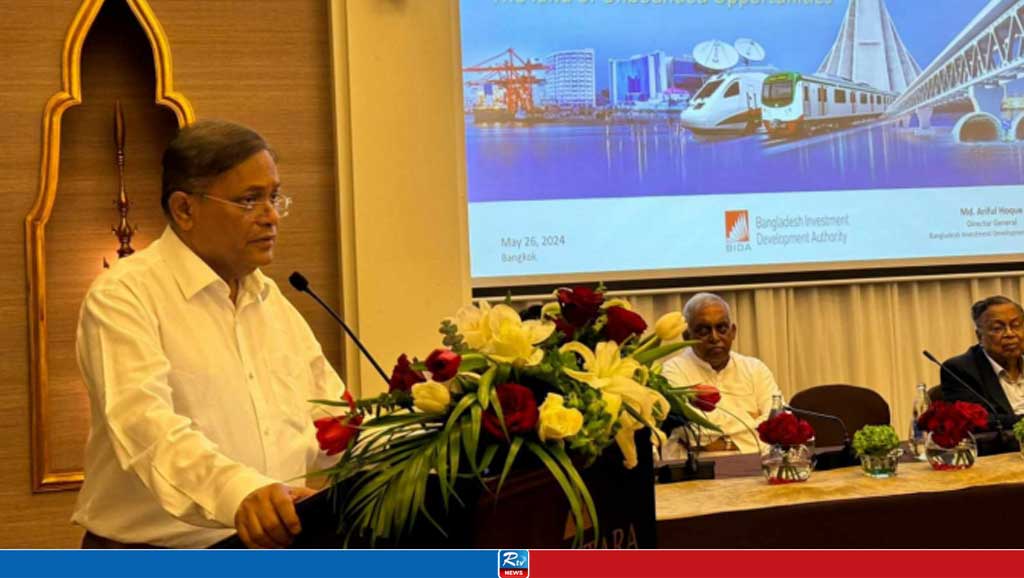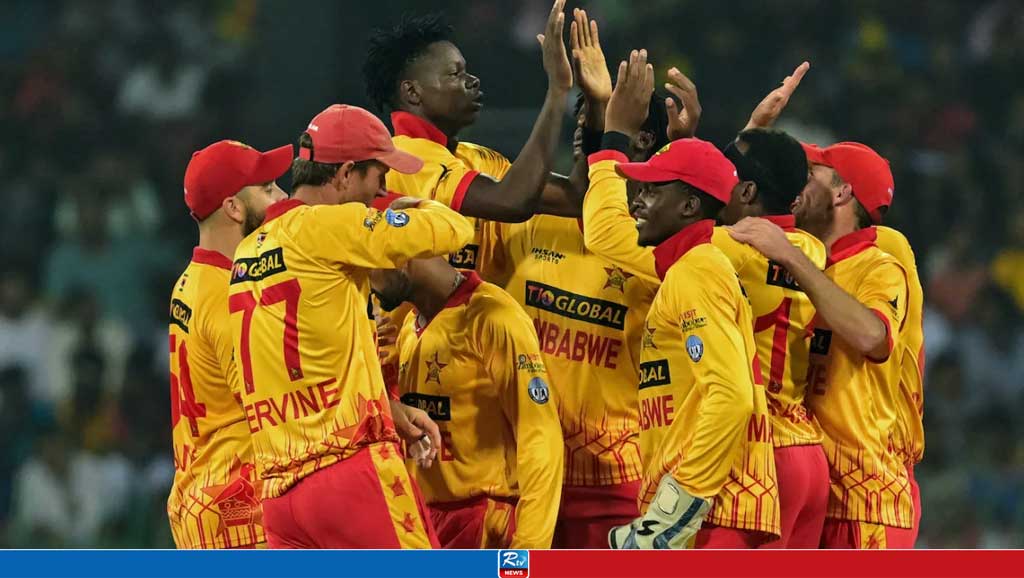Families of 1971 war heroes allege Bangladesh's main Opposition party peddles lies
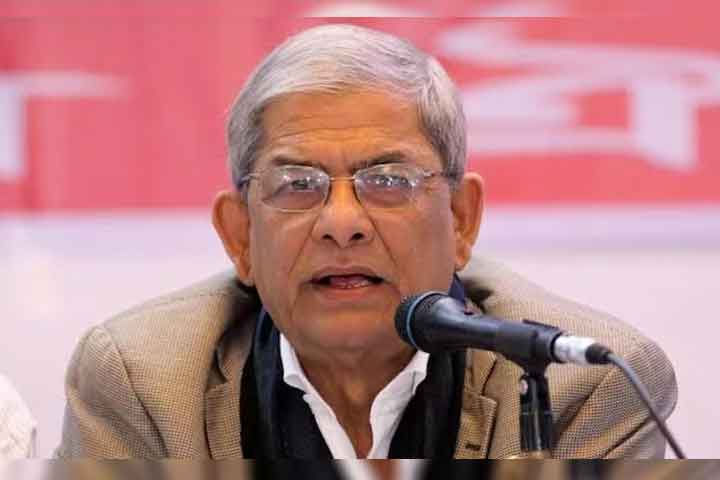
How can a military dictator usurping power after a carnage involving the nation's first family be the beacon of freedom, liberty, good governance and freedom of the press?
This is the question being asked by the country’s war heroes, eminent researchers and families of war heroes who lost their near ones during General Zia’s tenure.
This comes after a letter written by Bangladesh Nationalist Party (BNP) leaders to former Japanese premier Shinzo Abe, was made public only recently.
“BNP was founded by late president Ziaur Rahman who declared war of liberation in 1971,” reads an excerpt of the letter dated January 27, 2020.
Celebrated author Anthony Mascarhenas described Bangladesh's first military dictator's tenure as the start of the “legacy of blood”. But the families of 1971 war heroes say that BNP is on an overdrive of falsehood to project him as the guardian of democracy.
Such blatant glorification of a military ruler has drawn flak from many quarters. The BNP is apparently trying to push this feel-good narrative about the party chief, General Zia, to shore up its own legitimacy with powerful foreign countries, researchers say.
The claim that “the BNP introduced multi-party pluralistic democracy” in the letter, many feel, points to the wave of disinformation to mislead the world leaders about the state of affairs in Bangladesh.
“The main objective of the party is to institutionalize democracy in all spheres of the state to ensure freedom, liberty, independence of the judiciary, good governance and freedom of the press,” the letter says.
It is on the party’s official letterhead. Researchers feel that the letter blacks out the circumstances of the BNP’s formation and how the founder, General Zia offered an olive branch to ardent fundamentalist forces, like Jamaat-e-Islami, and even helped the then self-confessed war criminals and killers of the country’s founding father to open up fronts in the country’s political landscape, within six years into the country’s independence.
These are attempts to whitewash the legacy of bloodshed masterminded by General Zia before Japan and other Western countries, the war heroes say.
“General Zia rose to become the country’s first military dictator and unleashed a wave of repression by hanging scores of soldiers and officers in the Bangladesh military, even as his spin doctors projected him as the beacon of freedom, liberty, good governance and freedom of the press,” said Ajoy Das Gupta, a noted researcher.
BNP’s 'portraying wrong history'
Like his father, General Zia, who during his stint as the president of the country made all-out efforts to erase the secular ideals, Tarique Rahman is also accused of following a similar path, a clear pointer that the party’s bedrock was still dominated by communal and anti-liberation elements, it has been alleged.
In 2014, Tarique desperately tried to establish his father as the first president and in his pursuit, he had first come up with the claim last March that Gen Zia was the country’s first president, according to Bangladesh media.
Even as that statement triggered widespread condemnation from the country’s top researchers, BNP’s acting secretary general Mirza Fakhrul Islam Alamgir asked Awami League leaders to do some study of history, claiming that Tarique had revealed some "historical truths" after studying different books.
Fakhrul also went on to compare Tarique with Cuban leader Fidel Castro and said, “After the revolution, Castro had said in a court: 'I may be hanged, but history will embrace me.' And we know history has embraced him [Castro].”
“The BNP clearly needs to free itself of Tarique Rahman. Of late, the absconding elder child of General Ziaur Rahman and Begum Khaleda Zia, has been busy distorting Bangladesh's history in tones reminiscent of the Yahya Khan regime and its henchmen. This calculated move by a nearly 50-year-old man to peddle newer lies to the country only reveals the ignorance which underlies his thinking. He forgets that it was his father who announced, on March 27, 1971, Bangladesh's independence on behalf of Bangabandhu,” wrote the country’s top researcher and celebrated author Syed Badrul Ahsan.
Tarique, perhaps, had not read his father's article in the weekly Bichitra in 1972, where Zia effusively paid tribute to the Father of the Nation and stated in unambiguous terms that Bangladesh's freedom had been achieved under Bangabandhu's leadership, added Badrul, who has also worked in country’s top English dailies.
Gen Zia’s role in Bangabandhu assassination
Soon after the assassination of Bangabandhu, the military took over the reins of the country and continued in power for 15 years. This, may feel, brought the democratic process to an unexpected halt within the country, and led to the rise of war criminals under the cover of Jamaat-e-Islami.
Lawrence Lifschultz, an investigative journalist and former South Asia correspondent of the Far Eastern Economic Review, has said that in his view, Gen Zia was something of a “psychopath” in his capability to use and betray others and use violence.
Lifschultz said the men behind that assassination would not move without Gen Zia’s backing. Gen Zia would not move without American backing. "In my view, it needs to be further investigated."
Veteran BBC journalist Sir Mark Tully, who covered the Liberation War of Bangladesh in 1971, recently said that there was an Islamic stream at work in the country after 1975, "wanting to press Bangladesh into being more Islamic".
Gen Zia blamed for executing 1,000 freedom fighters
With the rise of Gen Zia as the army chief after the assassination of Bangabandhu, along with 19 of his family members on August 15, 1975, the war heroes, serving in the Bangladesh Armed Forces, knew they were in trouble as Pakistan-returned repatriates ganged around Gen Zia. Soon, their misgivings came true as a series of executions was unleashed to strip the military of freedom fighters on the pretext of a purge.
Still unaware of the remains of their near ones, families of over 1,000 war heroes are still seeking global attention to end the culture of impunity, which they feel was perpetrated by Gen Zia.
Earlier, in an exclusive interview with India Today, victims of the biggest human rights abuses have shared their ordeals about how their lives got turned upside down as their near ones fell victim to enforced disappearances.
“I still don’t know where to find the remains of my father, we do not know why he was executed; all we have heard is that he was hanged without any trial in the Central Jail. The killers did not even bother to care for any religious ritual, like a proper burial,” said the son of one of the victims.
Mamtaz Begum, the daughter of Corporal Mobarak Ali, said, “When I was just six months old, Gen Zia hanged my father. Killer Gen Zia ruined our lives and is solely responsible for the death of my father; no one gave us any explanation about why he was hanged.”
Gen Zia’s 'penchant for military style rule'
Gen Zia was always keen on military control of the country as he envisaged a Pakistan-style military rule for Bangladesh amid the country's battle against Pakistan in 1971, according to author and veteran columnist Sukharanjan Dasgupta, who reported on the Liberation War by gathering information from freedom fighters in Bangladesh as the chief correspondent of Anandabazar Patrika.
In an interview with India Today, he earlier said he was briefed about Gen Zia's political ambitions by a senior BSF officer during the 1971 war.
"The trouble with foreign powers, including Japan, is that they tend to take on face value whatever (lie) is peddled by the BNP-Jamaat coalition or Kamal Hossain's Gana Forum. Some so-called rights groups also join them in this disinformation campaign, which is why even the UN list on enforced disappearances contains grave errors like Indian insurgents long back repatriated to India," said Sukharanjan Dasgupta, author of ‘Midnight Massacre’ on the 1975 Bangladesh coup.
"But Bangladesh's history, the way it was born through an ocean of blood and its contemporary events are so well known that the BNP's pack of lies fall through like a house of cards,” Dasgupta said.
Comments
Prices of diesel, kerosene cut by Tk 2.25 per litre

Intelligence agencies working to strengthen security: Home Minister
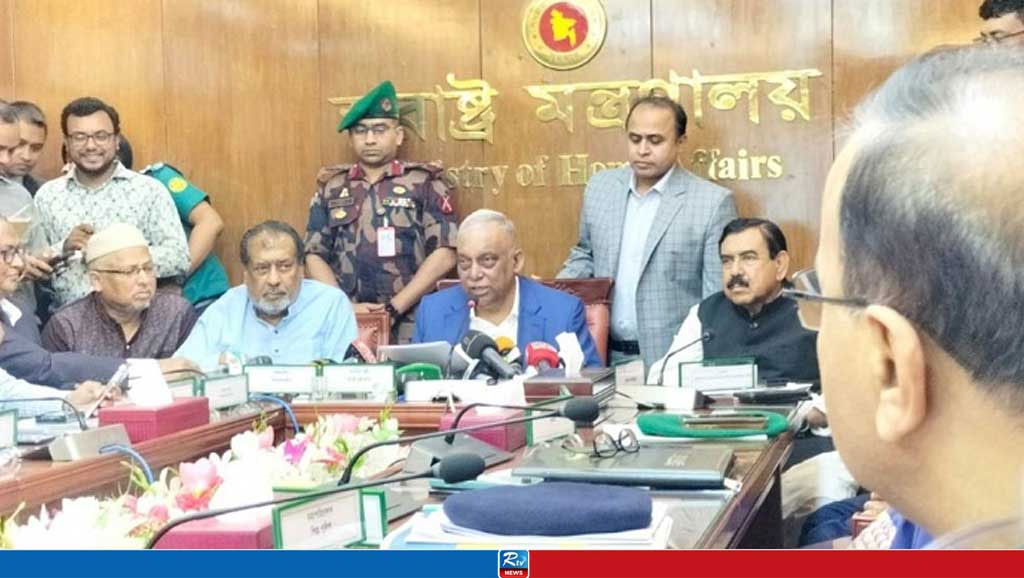
Court accepts charge sheet against Dr Yunus, 13 others
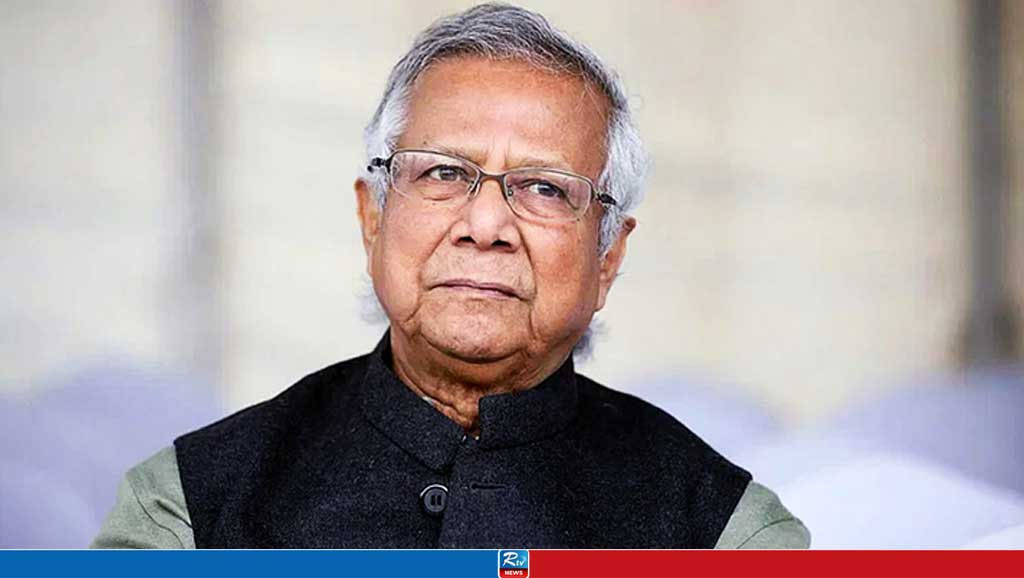
DMP to provide special security in Dhaka ahead of Eid
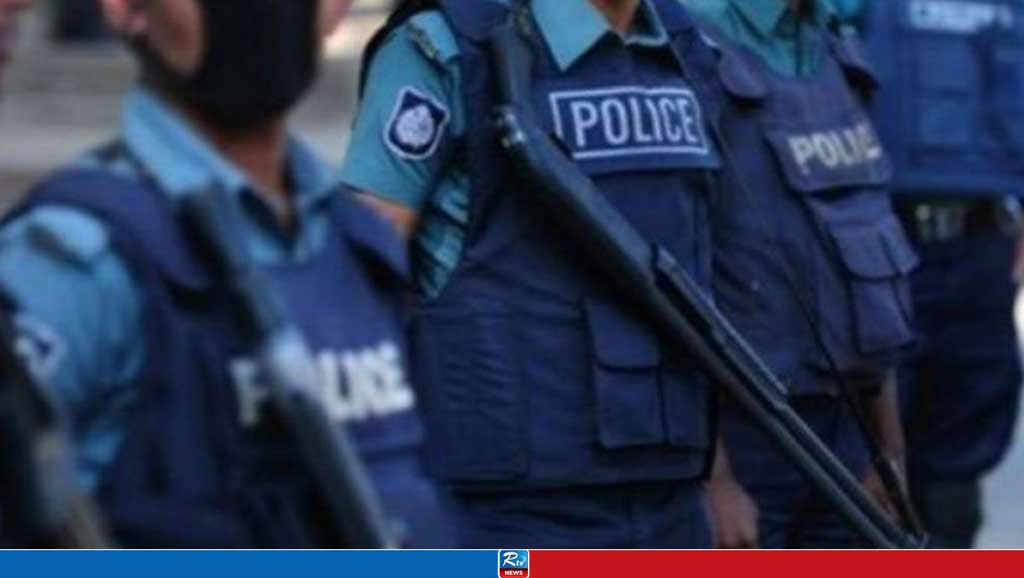
Gold prices hitting record high, breaks all records
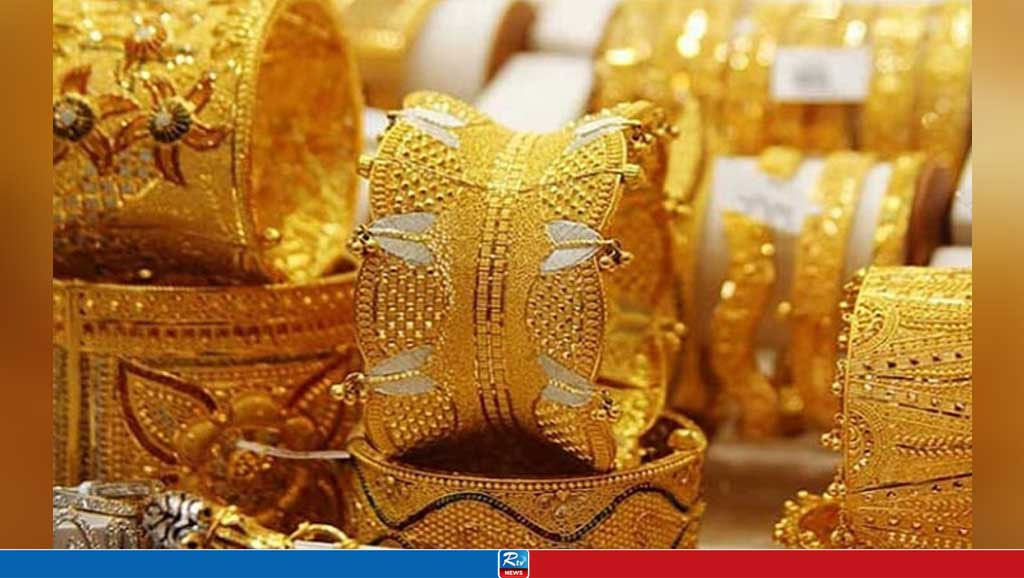
RAB arrests chief coordinator of KNF
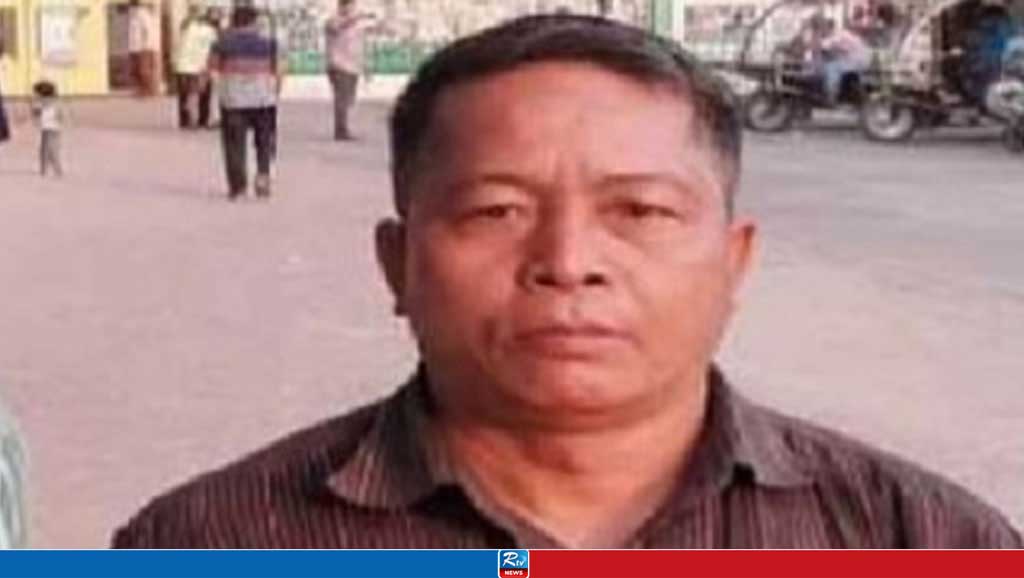
Eid shopping reaches its peak
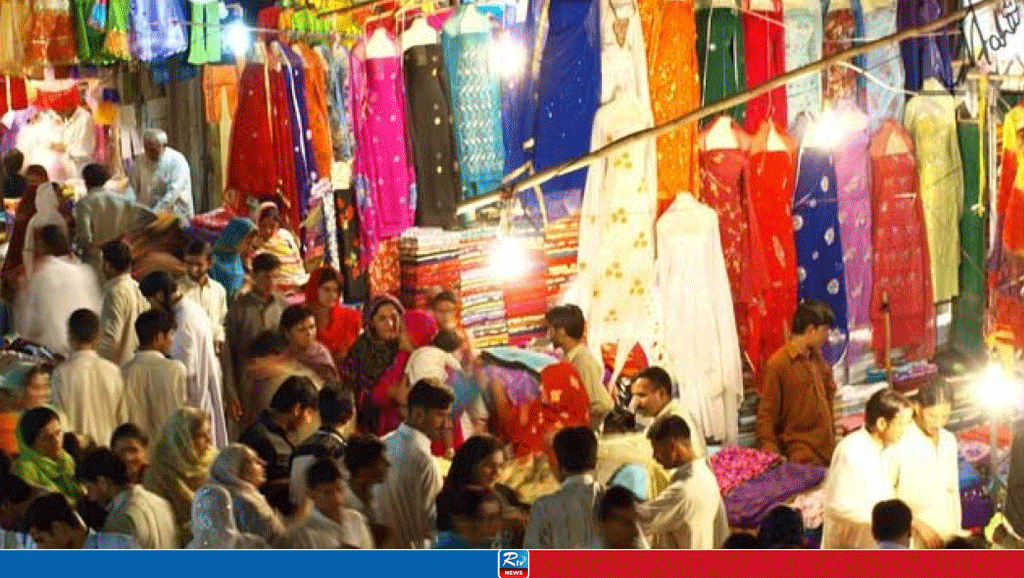

 Live Tv
Live Tv

